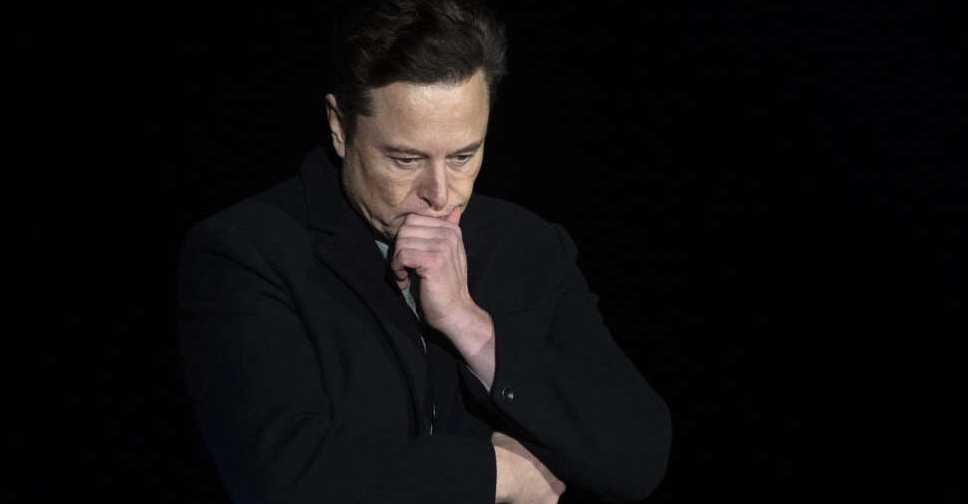
Mobvoi Inc., the Chinese AI startup backed by Google, intends to go toe-to-toe with Apple Inc. when it begins selling its smartwatches in the U.S. in September. The four-year-old startup founded by a coterie of former Googlers is hoping American consumers will take to the second generation of the Ticwatch, which made waves back home via voice-activated natural language search and innovative features like a touch-sensitive strip for scrolling. The new version responds to questions in English and will let U.S. users order pizzas, hail Ubers and pick out restaurants on Yelp. The $200 gadget will go for a fraction of the standard-issue Apple Watch and is roughly $100 cheaper than Motorola’s latest Moto 360. Li Zhifei, founder and chief executive officer of the Beijing-based company, reckons he could sell about 50,000 of the devices within a year of its U.S. debut, helping bring its total revenue to $100 million in 2017. Alphabet Inc.’s Google led Mobvoi’s last round of financing in October, valuing the company at $300 million. It was the U.S. internet giant’s first direct investment in China since withdrawing online search from the country in 2010 because of disagreements with the government. This year, Mobvoi became an official Chinese partner for Google’s Android Wear software, meaning its voice-search services are embedded in the U.S. company’s operating system for wearable devices. “The Google label definitely helped us in marketing, but our core advantages are AI technologies that allow machines to understand natural languages, a self-developed system and self-designed hardware,” said Li, who helped develop Google’s translation software before founding Mobvoi in 2012. Li said the company may consider a U.S. IPO next year if its U.S.-bound device can replicate its success at home. During the “Singles Day” sales extravaganza of 2015, when millions of Chinese shoppers flock online in search of once-a-year bargains, Mobvoi’s device was the third-best selling watch on shopping site JD.com, behind only Apple and the Moto 360. The Ticwatch 2 however is debuting at a time of flagging demand, as potential buyers await hardware improvements. The smartwatch market plunged 32 percent in the second quarter, according to preliminary data from IDC, with Apple’s market share diving to 47 percent from 72 percent last year. Longer term, shipments of smartwatches could reach 82.5 million by 2020, from about 21.3 million in 2015, IDC has estimated. “There’re a lot of attempts and innovation” in wearables, said Brian Blau, an analyst at Gartner Inc. “It’s exciting to see an ex-Googler is trying this.” Bloomberg
 16% growth in new economic licences in Abu Dhabi during 2024
16% growth in new economic licences in Abu Dhabi during 2024
 DEWA updates billing on water consumption
DEWA updates billing on water consumption
 UAE, Japan to complete CEPA by end of year
UAE, Japan to complete CEPA by end of year
 US judge blocks Musk's DOGE from accessing payment systems
US judge blocks Musk's DOGE from accessing payment systems
 Du services interrupted due to 'technical issue'
Du services interrupted due to 'technical issue'




